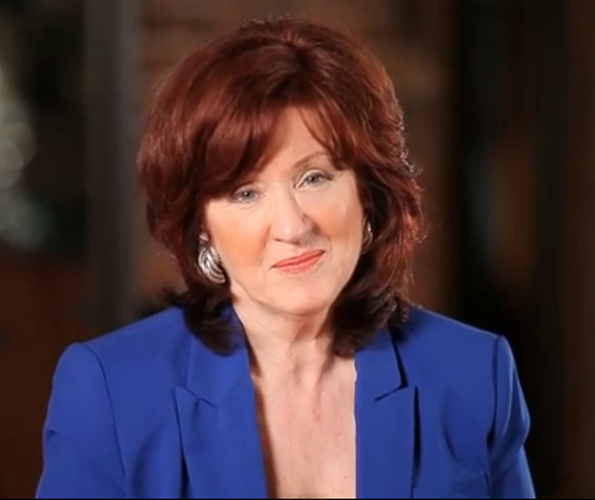Couples Therapy in the 21st Century
Workshop Leader: 
Sue Johnson, Ed.D.
Couples therapy offers us a rich amazing venue to create lasting change in individuals, core relationships and families. This 2 day long workshop will outline the Emotionally Focused Model of Couple Therapy (EFT), and how it illustrates the new science of love and bonding. This new science will be summarized and its implications for the couple therapist pinpointed. We now have a map for love and loving that allows the therapist to be on target: to go to the heart of the matter and shape new interactions that redefine the security of the bond between partners and create an environment of healing and growth.
The EFT model represents the cutting edge of couple interventions and this workshop will address the three main tasks of therapy, creating a safe haven alliance, working to regulate and transform emotions and emotional signals, and choreographing a couple’s dance to foster emotional connection and fulfill attachment needs. The day will include didactic presentations on the nature of love and attachment, the state of couple therapy and the conceptual and clinical base of EFT as well as experiential exercises and the observation and discussion of therapy sessions.
About Sue Johnson Ed.D.:
Sue Johnson Ed.D. is the leading developer of Emotionally Focused Therapy (or EFT). She is a Professor Emeritus of Clinical Psychology at the University of Ottawa, Distinguished Research Professor in the Marital & Family Therapy Program at Alliant University in San Diego, Director of the International Centre for Excellence in Emotionally Focused Therapy (ICEEFT) and Director of the Ottawa Couple and Family Institute Inc. Sue received her doctorate in Counseling Psychology from the University of British Columbia in 1984. She is a registered psychologist in the province of Ontario, Canada, and a member of the many editorial boards of professional journals.
Dr. Johnson has received a variety of awards acknowledging her development of EFT and her significant contribution to the field of couple and family therapy and adult attachment. Sue has been appointed as a Member of the Order of Canada, the country’s highest civilian honor recognizing outstanding achievement, dedication to the community and service to Canada. In 2016, she was named Psychologist of the Year by APA, and has been honored by AAMFT for her Outstanding Contribution to the Field of Couple and Family Therapy. Sue has numerous publications in the field of couple therapy and attachment. Her most recent research in her lab includes Changes in Relationship-Specific Attachment in Emotionally Focussed Couple Therapy (JMFT) and Soothing the Threatened Brain: Leveraging Contact Comfort through Emotionally Focused Therapy (PLOS ONE). This study included a brain scans showing how contact with a loving partner mitigates threat and fear responses. Sue’s most recent book, Love Sense: The Revolutionary New Science in Romantic Relationships, outlines the new understanding of why and how we love based on scientific evidence and cutting-edge research. Sue is also the author of the bestseller, Hold Me Tight: Seven Conversations for a Lifetime of Love. Sue’s other books include The Practice of Emotionally Focused Couples Therapy: Creating Connection (2nd Ed, Routledge, 2004) - the basic text on EFT for couple therapy, Emotionally Focused Couple Therapy with Trauma Survivors (Guilford, 2002) and edited books such as Attachment Processes in Couples Therapy (Guilford, 2003).
Learning Objectives:
The attendee will be able to:
-
List the laws of human bonding and how they operate in adult love relationships.
-
List the stages, steps and interventions of EFT.
-
Explain how the stuck places can perpetuate negative cycles and emotional disconnection in love relationships.
-
Describe how to set up new bonding interactions that redefine connection and change working models of attachment.
-
Describe how to adapt the model to different individuals, including escalated, traumatized, and depressed partners.
-
Describe an experiential exercise to increase emotional connection in couples.
-
Design interventions to help couples with affairs and betrayal.
-
Create interventions to help emotionally distant or shut down partners.
-
Explain how to deal with escalating conflict and volatility in couples.
-
Describe some possible future directions for evidenced-based couples therapy.
Target Audience: Beginner, Intermediate, Advanced, Clinical
Components: Conceptual analysis, Original data, Role play
Package Includes: A general certificate of attendance, lunch, and twice daily coffee/tea break on site.

